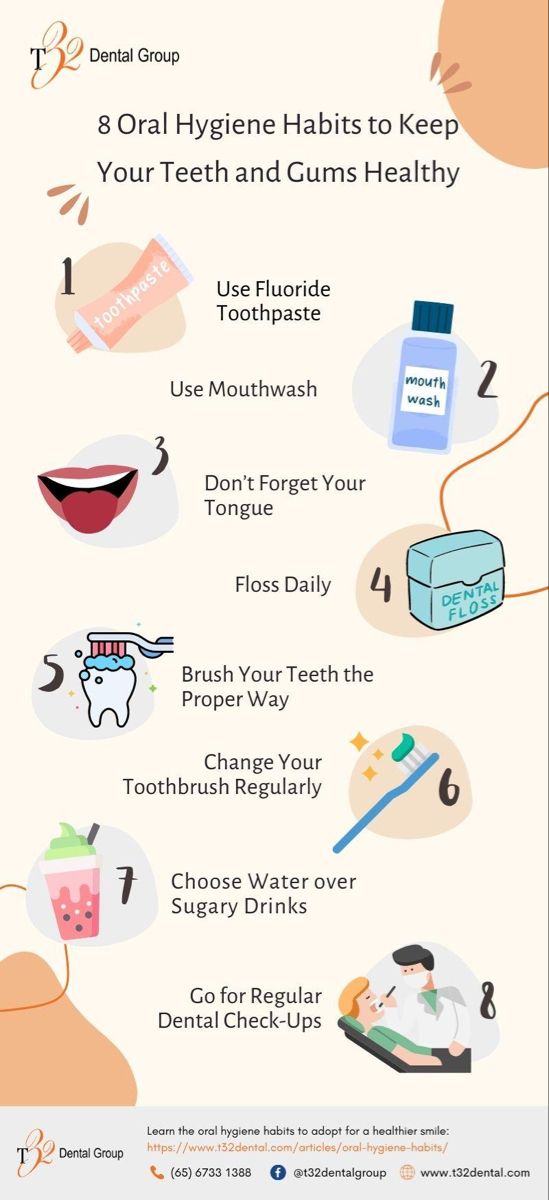Dental Scaler: Improve Oral Health Quickly

Oral health is a critical aspect of our overall well-being, and maintaining good oral hygiene is essential for preventing a variety of dental issues. One of the most effective tools for improving oral health is the dental scaler, a device used to remove plaque, tartar, and stains from teeth both above and below the gum line. In this comprehensive guide, we will delve into the world of dental scalers, exploring their benefits, types, and how they can be used to improve oral health quickly and effectively.
Understanding Dental Scalers
Dental scalers are professional dental instruments designed to remove plaque, a sticky film of bacteria, and tartar, a hardened form of plaque, from teeth. These deposits can lead to gum disease, cavities, and other oral health issues if not properly managed. Dental scalers are typically used in dental offices by professionals but can also be found in various forms for at-home use.
Benefits of Using a Dental Scaler
- Prevention of Gum Disease: By removing plaque and tartar, dental scalers help prevent the development of gum disease, which can lead to more severe conditions like periodontitis.
- Removal of Stains: Dental scalers can remove stains from the surface of teeth, improving their appearance and enhancing the overall beauty of the smile.
- Improvement in Gum Health: Regular scaling can lead to healthier gums, reducing inflammation and bleeding, which are common signs of poor oral health.
- Fresh Breath: By removing bacteria that can cause bad breath, dental scalers contribute to fresher breath and improved confidence.
Types of Dental Scalers
There are primarily two types of dental scalers: manual and ultrasonic.
- Manual Scalers: These are hand-held instruments that require a level of skill to use effectively. They are beneficial for removing plaque and tartar from specific areas and are commonly used in combination with ultrasonic scalers.
- Ultrasonic Scalers: These devices use high-frequency vibrations and water to remove plaque and tartar. They are highly effective and can be more comfortable for patients than manual scalers, as they require less probing and are generally faster.
How to Use a Dental Scaler at Home
While professional dental scaling is recommended for thorough cleaning, there are tools available for at-home use that can help maintain oral hygiene between dental visits.
- Choose the Right Tool: For at-home use, consider an electric or water flosser that includes a scaling function. These devices can help remove plaque and debris from between teeth and below the gum line.
- Follow Instructions: Always follow the manufacturer’s instructions for use, and be gentle to avoid damaging your gums or tooth surfaces.
- Regular Use: Incorporate your at-home scaling tool into your daily oral hygiene routine, ideally after brushing and before rinsing with mouthwash.
Tips for Improving Oral Health Quickly
- Brush Your Teeth Regularly: Use a fluoride toothpaste and brush your teeth at least twice a day.
- Floss Daily: Remove food particles and plaque from between your teeth once a day.
- Use an Antibacterial Mouthwash: This can help kill bacteria that cause plaque, gingivitis, and bad breath.
- Visit Your Dentist Regularly: Professional cleanings and check-ups are essential for maintaining good oral health.
Conclusion
Maintaining good oral health is a continuous process that requires both professional dental care and at-home maintenance. Dental scalers, whether used in a dental office or at home, are valuable tools in the fight against plaque, tartar, and the oral health issues they can cause. By understanding the benefits and proper use of dental scalers, individuals can take significant steps towards improving their oral health quickly and effectively.
How often should I use a dental scaler at home?
+It’s recommended to use a dental scaler or an at-home device with scaling functionality as directed by the manufacturer, typically 1-2 times a week, in addition to your regular brushing and flossing routine. However, always consult with your dentist for personalized advice.
Can I use a dental scaler if I have sensitive teeth or gums?
+If you have sensitive teeth or gums, it’s best to consult with your dentist before using any at-home scaling device. They can recommend the most suitable tool and technique for your specific oral health needs.
How do I choose the right dental scaler for at-home use?
+When selecting a dental scaler for at-home use, look for devices that are designed for your specific oral health needs, such as electric flossers with scaling functions. Read reviews, consider the ease of use, and follow the manufacturer’s instructions carefully.

